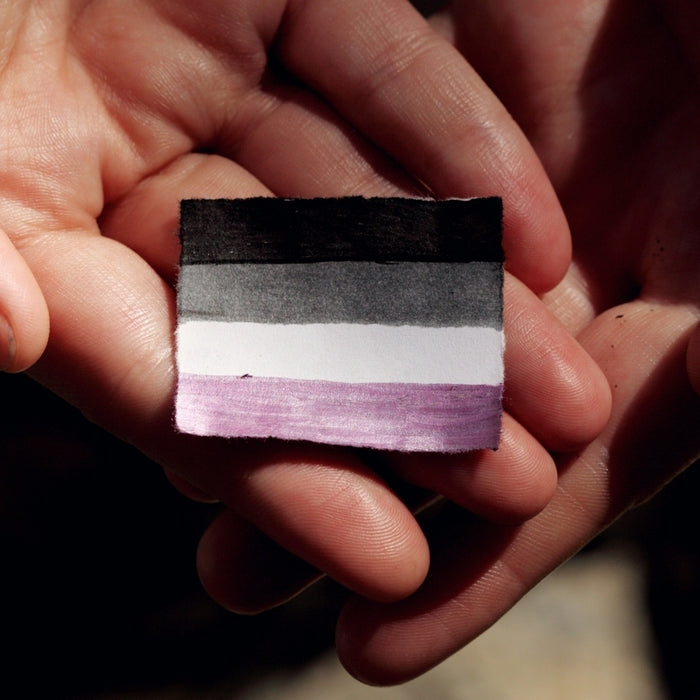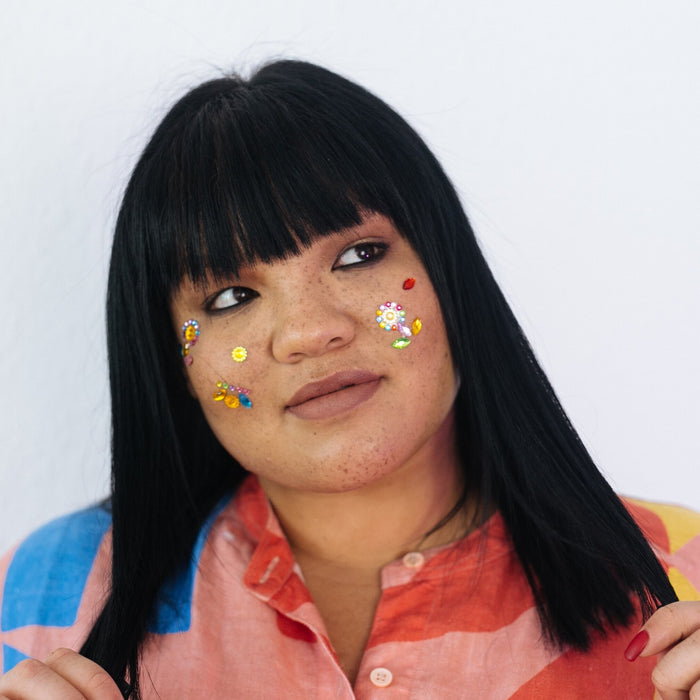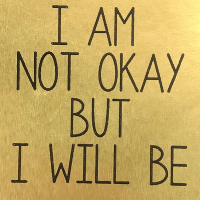

How to Set Boundaries When It's Hard to Set Boundaries
Written by Sam Whittle.
Setting a boundary can be a powerful act of self-love. It means accepting the person we are right now, and letting go of the idealized version of ourselves we think we should be. This is what’s so liberating about boundaries, and also what makes them incredibly hard to do.Boundaries are an especially hot topic right now. I think one reason we talk about them so much is that so many of us find them great in theory, but nearly impossible in practice. So as a recovering boundary-avoider, here are some of my best tips for setting a boundary when it’s hard to set a boundary:
What Even Is a Boundary?
I like this quick definition from Brené Brown in Dare to Lead, who says a boundary is simply “what’s okay and what’s not okay”. It is okay for you to stay at my place this weekend, it is not okay for you to stay for three weeks. Sounds simple, right? And yet...
Figure out How To Know When You Need to Set a Boundary
How do you know when you need to set a boundary? There are so many possible answers to this question. For me, one clear sign is that I start to feel resentful or judgemental in a particular situation. Like if I’ve been supporting a friend who has a shitty partner, and I notice how annoyed I am that they won’t just end the relationship already. I know that my feelings aren’t really about them - it’s actually really important to me to support people in complicated relationships, even when I don’t understand them.
So when I start feeling judgemental in a way that goes against my own values, I know it’s time to shift something. Usually that means setting a boundary like: “Hey, I’m really sorry you’re dealing with this situation, I’m definitely here for you, and I need a break from talking about this for a little while so I can keep showing up for you in the future”.
Write a List of All the Things You’re Saying ‘No’ To
I get a lot of requests to do things for free. Most of the time, the requests are for things that are genuinely important to me, and that I actually want to do. For a while, I said yes to everything, and I spent most of my time exhausted and feeling under-appreciated. This was unfair to myself and to the people who had asked me for things, considering that I had willingly said yes.
So at some point I started writing out a list of all the things I would be saying ‘No’ to by saying ‘Yes’ to these requests. For example, if I say yes to giving this workshop, it will take me about 12 hours of time, including prep and travel. That’s 12 hours where I’m saying no to: doing laundry, having dinner with a friend, catching up on my Netflix queue, calling my Dad, grocery shopping, a date with my partner, getting in some exercise, being able to work only 40 hours that week…
Sometimes I go through my whole list and I still decide to say yes to the workshop, but the point is to remind myself that I don’t have infinite time or energy. It’s impossible for me to say yes to something without saying no to other things. When I make visible who and what suffers in my life if I’m constantly saying yes to other things, it’s easier to see all the consequences of my boundary-avoidance.
Remember ‘Yes’ Boundaries
We tend to talk a lot about boundaries as saying no to things. But a big part of letting people know how you like to be treated is also asking for what you want - these are ‘Yes’ boundaries. So, “I hate when you disappear for weeks at a time” becomes “I would love to hear from you once a week”. Or *avoiding intimacy altogether* becomes “I don’t know if I want to have sex tonight, but I’d love to just make out for a while”. Or “I hate when you put down my partner” becomes “I want to be able to talk about my partner and have you just listen”.
Of course, the other person will always have the option to say no, and if they do, then it’s up to you to decide what that means for the relationship moving forward. And though this is mainly a blog post for another time, I think it’s important to say: If the other person doesn’t really have the choice to say no, then it’s likely that you’re not setting a boundary, but are actually dealing in ultimatums, punishment or even manipulation.
There’s No Right Way to Boundary
Is it okay to explain why you’re setting a boundary, or should you just lay it out and end the conversation? Is it okay if you have to repeat your boundaries a few times, or should you end the interaction or relationship after it’s crossed one time? Is it healthy if your parents show up at your house unannounced every day, or if you and your partner have all the same friends? When are you allowed to end a relationship with a family member if they don’t respect your pronouns, all your partners, or your chosen profession?
Ultimately, there is no right answer to any of these questions, because there are no such things as universally Good or Healthy boundaries. There are only boundaries that are good and healthy for you. The beauty of boundaries is that they make space for us to understand that people are different and need different things, so of course your boundaries will be different than those of the people around you.
Boundaries are About Connection
During the school year I write a sex advice column for the Leveller newspaper, and most of the questions I get boil down to essentially this: How do I tell a person this potentially hurtful thing and make sure it doesn’t hurt them? Of course, there is no secret trick to doing that - there’s a very good chance that the thing will in fact be hurtful, and that will really suck. But if the issue bothers you enough that you wrote into an advice column about it, then avoiding the conversation is a guaranteed way to make the problem 10 times bigger and hurt 10 times more - you’d just be pushing the confrontation a little while into the future. Ultimately, setting a clear boundary is usually a much more gentle way to deal with a difficult situation.
Boundaries aren’t punishments that happen to bad people. At their core, boundaries are about connection. That connection might be with yourself, a friend, a partner, your family, or your community. But setting a boundary is usually about trying to continue a relationship in a way that feels safe and good. When I’m tempted to let something go because it doesn’t seem worth hurting the other person, I remind myself that it’s much kinder to muddle through an awkward conversation now than to lose someone later because they couldn’t read my mind.




